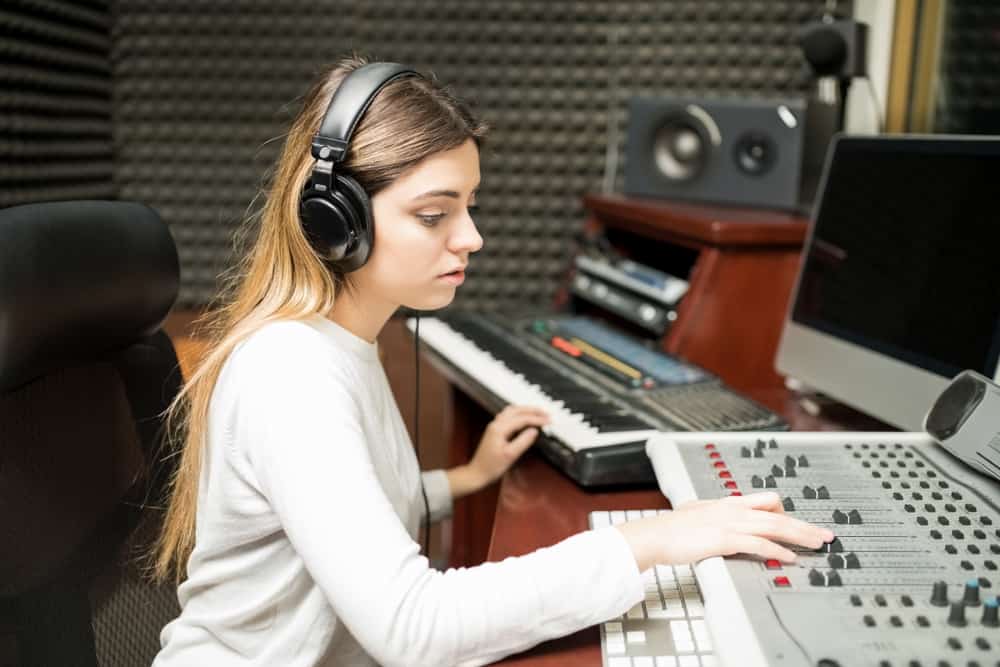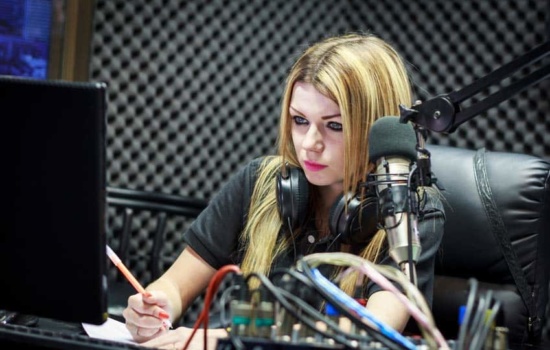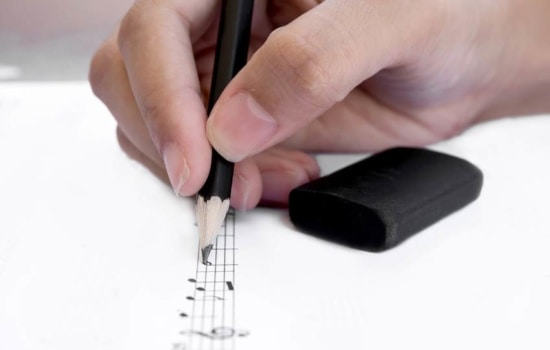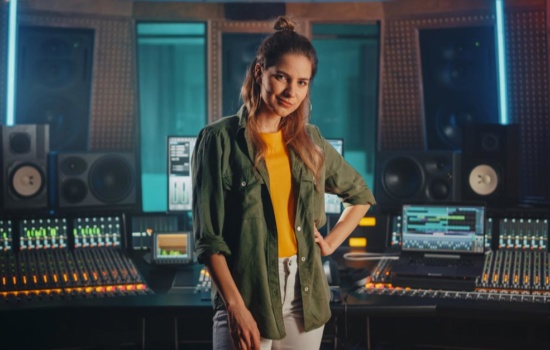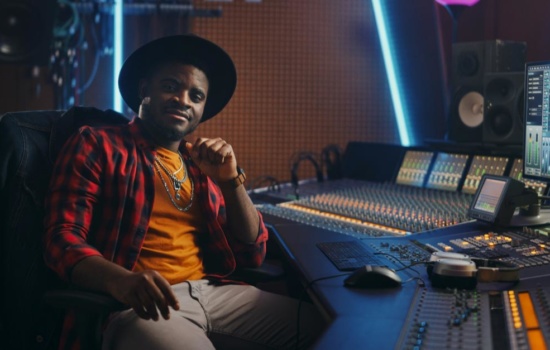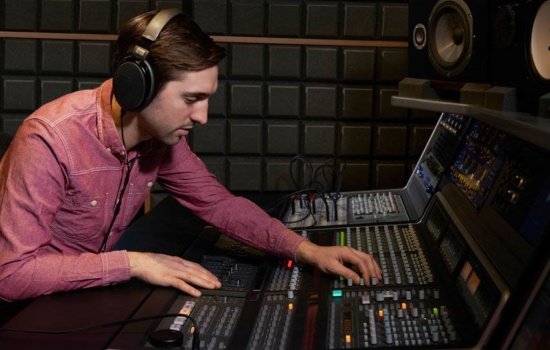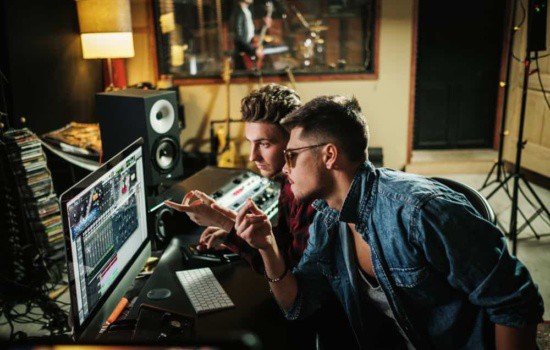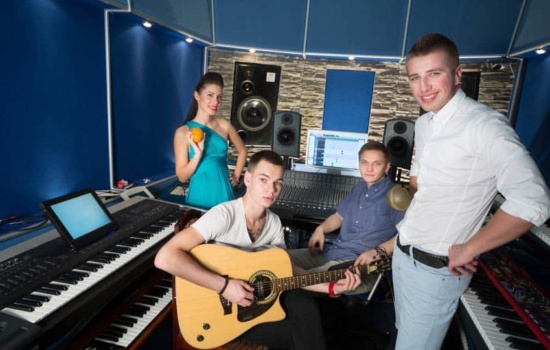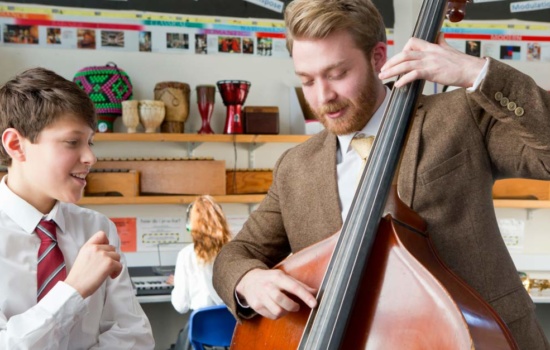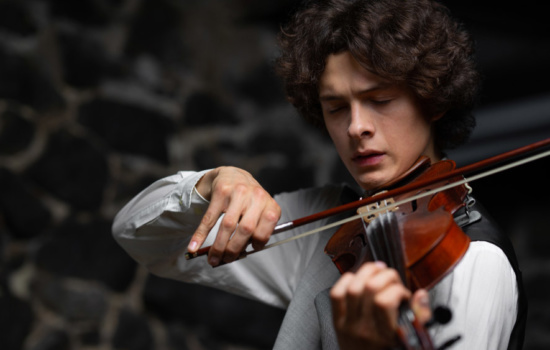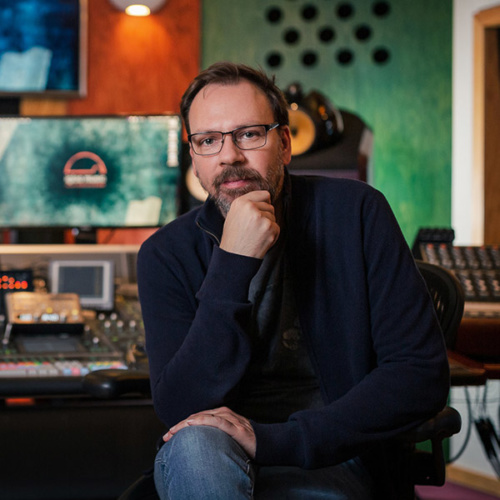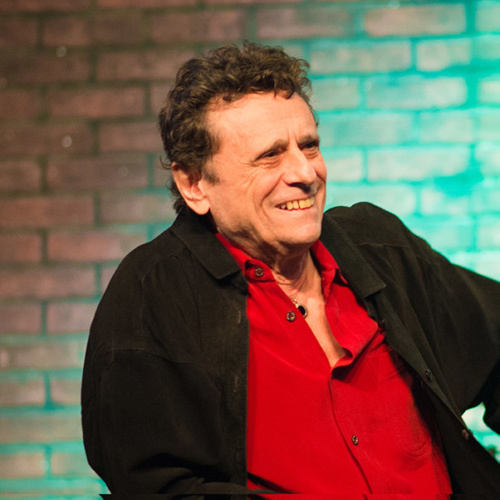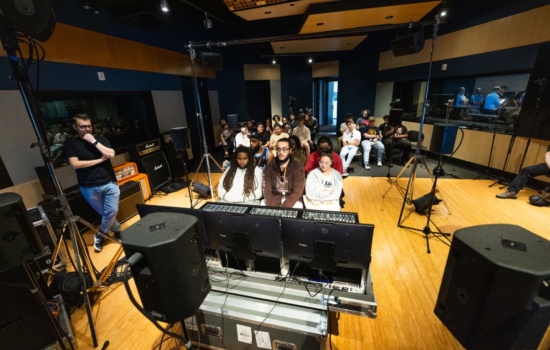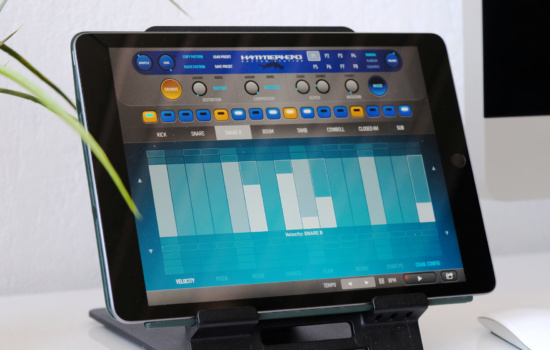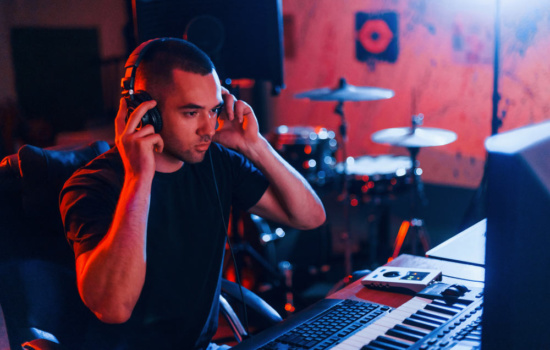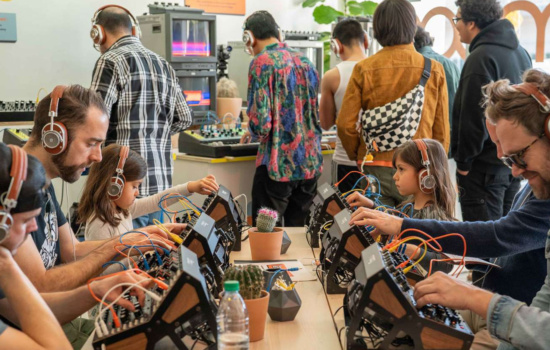First things first! What actually is audio engineering? Well, at its most basic level, audio engineering is the act of producing a sound recording of any kind. That’s pretty vague, but it’s good to let you know it applies to many different fields to begin with.
Is audio engineering a good career?
If you’re passionate about audio engineering and are committed to taking the time required to learn the necessary skills and build your client base, audio engineering will be a good career for you. With the variety of roles available in the field of audio engineering, there’s a niche where your interests and skill set will fit in, whether that’s in film or music, in recording, editing, mixing or mastering.
Admittedly, it can be hard to land your first music engineering gig but once you’ve built up your experience, you’ll find that engineering is a growing field. In fact, the Bureau of Labor Statistics projects that employment in sound engineering is expected to grow by about 12% over the next decade1–a much higher average figure than many career fields can expect to see. Working as an Audio Engineer also means you’ll earn a decent salary. Entry-level Engineers can expect to make about $40,000 annually as they’re building their career while top Engineers can earn up to seven figures!
Read on for a deeper look at the salary an experienced Audio Engineer can expect to make.
How much money do Audio Engineers make?
I stopped working in the music business in 2000, so an average salary today would be difficult for me to describe.
The thing about the pyramid now is that it’s gotten much taller. It’s still a pyramid, but it’s taller and narrower, so the folks who are at the very top are making obscene amounts of money. The folks at the bottom aren’t making any, and the middle range is not as broad as it once was.
In my era, a successful working Engineer or Mixer would make $100,000 to $500,000 a year. Mixers made the big money. If you were working on commercial records, you certainly made a six-figure salary, and you got time off if you needed it. It was a pretty good life.
Record Producers got royalties, so a Record Producer’s salary depended on whether or not the records made profit. If you had a hit record, you made a lot of money. If you had a record that did just okay, you would get your basic salary. Your salary would be anywhere from $100,000 to $500,000 a year.
With the collapse of the traditional record industry paradigm, there’s less money to go around these days. That said, I’ve read a few articles that have indicated that folks are making a decent living. By a decent living, I mean they’re making $80,000 to $100,000 a year as Engineers and Mixers.
I should make it clear, though, that you have to work for many years before you reach that level. Our colleague George Massenburg once said, “You have to work for seven years in this business before you can call yourself a beginner.”
That is not an exaggeration. I’m teaching students that the first ten years of their career is when they’re planting roots and establishing themselves in this business. If they’re an Engineer, a Mixer or a Record Producer, they can expect to have those roots planted by the time they’re in their early 30s, and they can expect to achieve the peak of their success in their early 40s.
It’s a long haul. Think of it like being a Lawyer, a Politician, or a Doctor. Politicians and Lawyers don’t win their big cases or get elected to a big important office in their early 30s. It’s rare that something like that would happen. It’s in your 40s when you’ve finally been doing this long enough, and you’ve finally accumulated enough successes, that you’re now a big deal.
It’s like going on a long journey–the journey of their careers. When they leave Berklee, they’re tempted to think, “All right, I’m ready. I can go out there and I can start making records.”
I have to remind them that they’re just pulling onto the on-ramp. Once you get on, guess what? There’s a traffic jam. It’s going to move really slowly, so you have to have the patience to sit there in your car and make that slow, steady progress.
If you hang in there, the traffic will clear, and you’ll be able to go faster. You’ll make real progress because a lot of folks won’t be able to wait in that traffic, and they’ll pull off. Nothing stops pure persistence.
You start at $0 on some internships and will get minimum wage till you can actually start running sessions. Once that happens, I’d say you can look at $40k per year to start. As you get better and more responsibilities it goes up from there. Top Music Engineers can make 7 figures.
When I first started at A&R Studios, I remember hearing one of the owners say, “The sky’s the limit!” That’s true, but you’ve got to be really proactive. I’ll be honest with you. I’ve never made a lot of money, but I still have a great time and a great life. It’s about what your goal is and why you’re doing what you’re doing.
If you’re doing it because you love it, you’re going to do your best. If you’re doing it just to make a lot of money, you’re not going to do so well. The guy doing it because he loves it is going to get the next gig. You’re not. You might make your money for that particular job because you’re going after the money, and that’s not to say there’s anything wrong with making money, but I don’t believe that should be your primary purpose.
Let’s say you hook up with a band and get in on the ground level. Maybe you do live sound with them. They become popular and want to record a live album–you get a piece of that record. The odds are like winning the lotto, but there is a chance where you can make some money.
There’s no real salary. If you get a job at a TV station, you’re going to join the union and make whatever the union rate is. It’s not crazy good money, but it’s consistent. I don’t know what the rates are these days.
I worked in a TV studio one day and didn’t like it at all. The union attitude was a big turn off. As soon as I got there, they said, “It’s time for lunch.” Then after three hours at like three o’clock, they said, “Okay, we’re going home now.” I was ready to work. It’s got its limitations, but it works for some people.
You can also teach. In a way, you have to come up with your own gig because of the way the music business has changed. You have to make your own opportunities.
